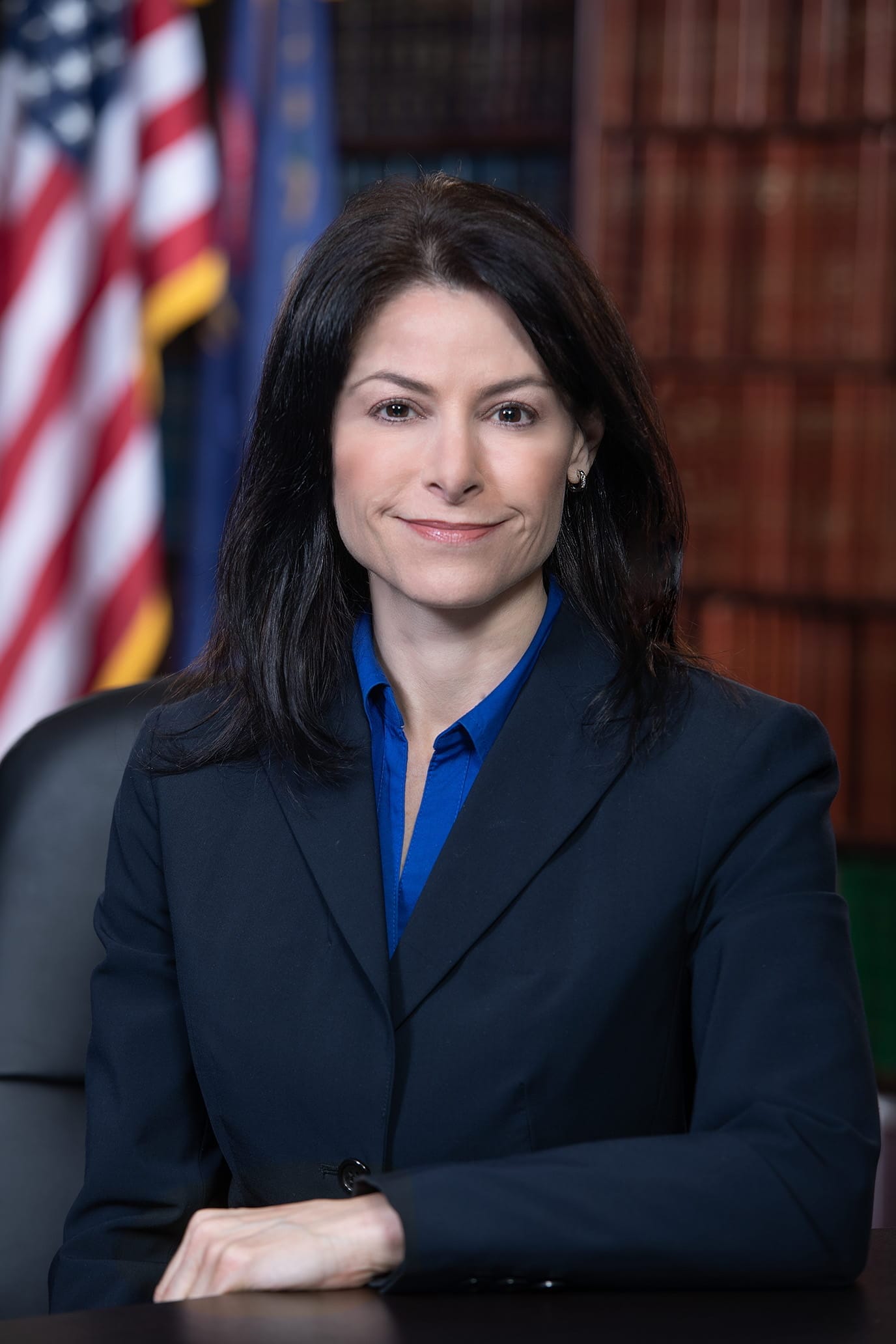Christi Olivier Allen: Attorney General Dana Nessel and the rule of law
In an era of blurred legal lines and executive overreach, Michigan Attorney General Dana Nessel is offering something too rare in current American politics: a principled defense of constitutional order backed by action.

EDITOR'S NOTE: The views and opinions expressed are those of the writer and not of Ottawa News Network.
In an era of blurred legal lines and executive overreach, Michigan Attorney General Dana Nessel is offering something too rare in current American politics: a principled defense of constitutional order backed by action.
The attorney general did not hedge when she spoke to the membership of the Saugatuck Douglas Area Indivisible, a grassroots organization of Independents, Democrats and Republicans working together for the common good. She acknowledged that Donald Trump was the duly elected president. AG Nessel’s overarching theme of her speech was the elections are only one part of democratic legitimacy. Governing within the law was the other.
Since Trump’s return to power, Nessel’s office has sued the federal government 18 times and filed over 20 amicus briefs in support of others doing the same. Why? Because, as she put it, “You have the right, as president, to advance your agenda, but you have to do it legally.”

That is a standard all Americans should be able to agree on, regardless of party affiliation. Yet these days, it feels radical.
What is even more radical? The cost of all this legal action is just $5,442. Not per lawsuit — total. That is because Nessel didn’t outsource the work. She praised her staff of public servants. They, along with the attorney general, did all the work themselves, logging nights and weekends to protect Michigan taxpayers.
The return? Over $750 million saved for the state in money preserved by stopping unlawful actions such as the freeze on federal funding for Medicaid, FEMA and school nutrition programs. Nessel’s legal strategy is not symbolic. It is effective. So far, her office has not lost one of these lawsuits.
The deeper issue here is not just about lawsuits or savings, it is about the rule of law itself. The Trump administration has shown a troubling willingness to govern by executive fiat by issuing sweeping orders that sidestep Congress, ignore the Constitution, and dare the courts to stop them.
Take the effort to roll back birthright citizenship, a right so settled it is enshrined in the 14th Amendment and upheld by multiple Supreme Court rulings. Or the emergency order forcing a Michigan coal plant to remain open. Keeping it open despite it having no coal to burn and no operational need. If this order stands, the cost of energy will go up because coal will have to be shipped in from out of state to burn. This will cost Michigan energy customers tens of millions of dollars.
Repeatedly, we are seeing executive power used under the false pretense of “emergency.” And each time, Nessel and her counterparts have to rush into court to block the damage.
Here is the most sobering part of her message: she cannot do it alone.
Nessel shared instances where major institutions, universities, automakers, even law firms declined to speak up or participate in lawsuits out of fear of retaliation. The result? Lost legal standing, missed opportunities, and ultimately, weakened resistance to policies that hurt their own institutions, businesses, and customers.
As Nessel stated, “You can’t win a case you don’t file.” That is true of lawsuits and of protecting democracy itself.
She also offered a hopeful lesson: when people push back, it works. Public pressure reversed plans to eliminate in-person Social Security services and Great Lakes conservation programs. Law firms that refused to cave to political threats kept their clients and gained more. And in case after case, courts have upheld the rule of law when someone bothered to ask them to do so.
If there was a call to action in the Attorney General’s speech, it was that standing up matters. Refusing to act out of fear ensures only one outcome: losing what we are too afraid to defend. The courts are still open and the Constitution still holds. But neither will protect us unless we use them. When the law is under siege, the worst thing we can do is stay silent.
To follow ongoing federal litigation from the Michigan Attorney General’s Office, visit mi.gov/agfederalactions.
— Christi Olivier Allen resides in Fennville.
How to submit an opinion
Ottawa News Network accepts columns and letters to the editor from everyone. Letters should be about 300 words and columns should not exceed 1,000 words. ONN reserves the right to fact-check submissions as well as edit for length, clarity and grammar. Please send submissions to newsroom@ottawanewsnetwork.org.




